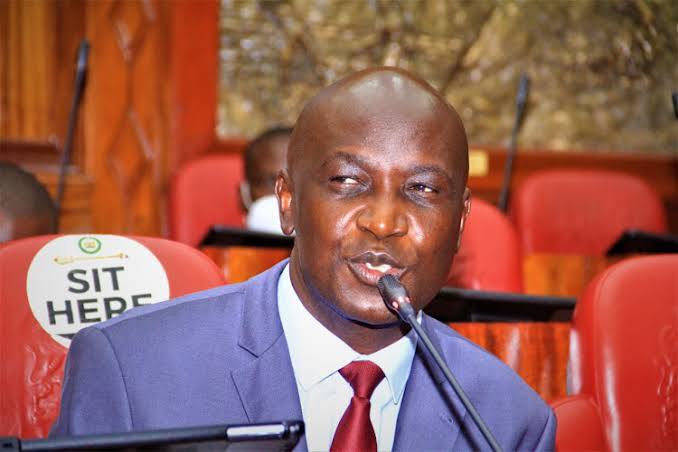Mozzartbet has been hailed as a key player in Kenyan sports for years. The gambling firm has splashed millions sponsoring tournaments, teams, and flashy events. But beneath the glitz and glamor lies a dark truth.
A recent ruling by the Court of Appeal has declared Mozzartbet’s Ksh256 million as proceeds of crime, confirming that the company fueled its operations through money laundering and deception.
Even worse, it once faked betting winners to lure desperate Kenyans into chasing false dreams of instant wealth. The court ruling is a loud wake-up call: Kenya’s gambling sector is deeply corrupt, and Mozzartbet is at the center of the rot.

Court Ruling Exposes Mozzartbet’s Web of Dirty Deals
In a decisive ruling, the Court of Appeal judges—Francis Toiyott, Fred Ochieng, and Aggrey Muchelule—shut down Mozzartbet Kenya’s bid to reclaim Ksh256 million seized by the state. The court concluded that the funds were obtained through shady transactions, and Mozzartbet failed to offer any credible explanation.
The case had been under investigation by the Asset Recovery Agency (ARA), which found a suspicious trail linking the money to shell companies and Mozzartbet insiders.
Mozzartbet had claimed the funds were for a legitimate software contract with a company called Kimaco Connection Ltd. But the court wasn’t buying it.
Investigators revealed that Kimaco had no capacity to develop or deliver betting software—it had no staff, no income, and no infrastructure. Worse, it had filed nil returns with the Kenya Revenue Authority (KRA), proving it wasn’t a real business.
Instead of investing in technology, Kimaco simply funneled the money back to Mozzartbet’s directors—Branimir Melentijevic, Emmanuel Charumbira, and Musa Cherutich Sirma—through suspicious transactions.
In essence, Mozzartbet paid money to a ghost company and received it back through its own people. That’s classic money laundering. The judges summed it up clearly: “There was sufficient evidence on the statutory threshold of balance of probabilities to implicate Mozzartbet, and it cannot benefit from the protection of a third party.”
The court even used the old idiom: “If it walks like a duck, swims like a duck, and quacks like a duck, then it probably is a duck.” Kimaco, they said, fit the bill of a shell company perfectly—only existing to clean dirty money.
Fake Winners and False Hopes
This isn’t Mozzartbet’s first run-in with controversy. The firm was previously busted for faking jackpot winners in Kenya. It staged public award ceremonies with actors posing as millionaires—misleading Kenyans into believing they could strike it rich overnight.
These tactics were not just unethical; they were criminal. Many Kenyans, especially the youth and unemployed, chased dreams of instant millions and fell into compulsive betting.
Mozzartbet exploited this desperation, making billions while ordinary families suffered losses and fell into debt.
The strategy was simple: run flashy ads, fake a few millionaires, and rake in money from the masses. Now, with the court confirming that Mozzartbet proceeds were criminal in nature, it’s clear the firm has been conning the public from the start.
Mozzartbet Using Proceeds of Crime to Fund Sports and Buy Credibility
Mozzartbet has long tried to clean its image by injecting huge sums into sports. From sponsoring local football leagues to funding events and athletes, the company positioned itself as a friend of Kenyan sports. But this was all part of a calculated plan to build goodwill while hiding its true operations.
With money now confirmed to be proceeds of crime, all those sponsorships come into question. Was that support meant to uplift sports, or was it a distraction to avoid scrutiny? Investigators believe Mozzartbet used these flashy sponsorships as a cover to legitimize itself, while in reality it was laundering money and misleading Kenyans.
The court ruling blows that cover wide open. The Asset Recovery Agency warned that allowing Mozzartbet to recover the seized millions would amount to endorsing money laundering.
The judges agreed. Kenya’s legal system has sent a clear message: companies that operate on deception and corruption cannot use their influence or money to escape justice.











































